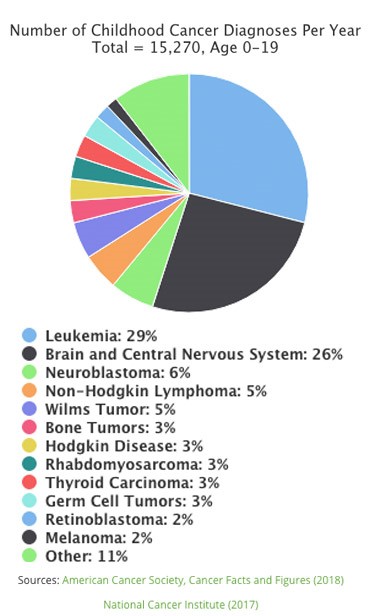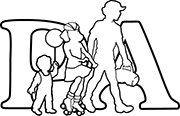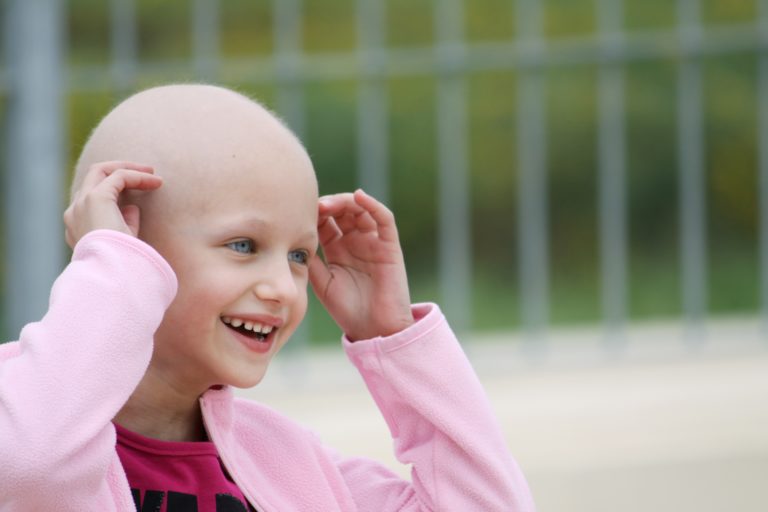The month of September is designated as Childhood Cancer Awareness Month. Childhood or pediatric cancer is not just one disease, rather many different types of cancer that affect children and adolescents at a rate of about 15,000 patients each year in US. The most common type is leukemia, a cancer of the blood, followed by brain tumors and other solid tumors. Compared to adult cancer diagnoses which top 1.7 million each year, childhood cancer is, thankfully, relatively rare. When your family is one of the 15,000, however, it is still a devastating diagnosis. Because of how uncommon these cancers are families sometimes have to travel long distances for specialized care that can last many months or years.

Scientific research has made a lot of progress in childhood cancer with 80% of those diagnosed becoming long-term survivors. However, only 4% of federal government cancer research funding goes toward studying pediatric cancer. Since 1980 fewer than 10 drugs have been developed for use in children with cancer. Unlike many adult cancers, pediatric cancers are generally not caused by lifestyle or environmental factors and there are no screening tests for children who are not at increased risk (certain genetic conditions cause an increased risk of pediatric cancers). As pediatricians, however, we do prevent adult cancers through immunizations with the Hepatitis B and HPV vaccines, and discussing the risks of smoking and alcohol with our adolescent patients.
During this month of increased awareness think about supporting local or national organizations working on childhood cancers. Or donate blood or platelets through the Red Cross, as transfusions are commonly needed during cancer treatment.
Alaina M. Brown, MD FAAP

